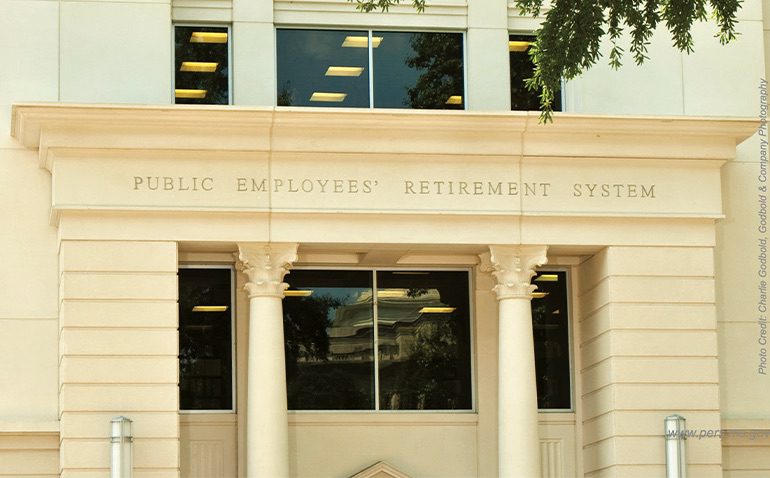
The Biden administration’s FY2023 budget recommends $14.1 billion for the IRS, a 12% increase over the $12.6 billion provided by Congress for FY2022.
On Tuesday, the Senate Financial Services and General Government Appropriations Subcommittee held a meeting to discuss the Fiscal Year 2023 Budget Request from the U. S. Internal Revenue Service (IRS).
In his testimony, IRS Commissioner Charles P. Rettig said that the agency continues to balance multiple unprecedented demands, including continuing the filing season and work on important new tax provisions.
“Our employees are doing everything they can. But we need Congress to help us by providing adequate resources and a sustained, multiyear investment in the agency,” the testimony states.
U.S. Senator Cindy Hyde-Smith (R-MS), Ranking Member of the subcommittee, said funding increases sought by the IRS must be met with “fiscally-responsible decision making” for the agency to overcome persistent backlogs and deficient customer service.
“I believe it is time for these funding increases to be met with fiscally-responsible decision making — decision making that prioritizes the everyday taxpayer and efficiency,” Senator Hyde-Smith said. “I want to ensure that money appropriated to the IRS is no longer diverted away from measures and programs devoted to improving taxpayer services and enforcement.”
The Biden administration’s FY2023 budget recommends $14.1 billion for the IRS, a 12 percent increase over the $12.6 billion provided by Congress for FY2022. Hyde-Smith noted that $1.0 billion of $3.0 billion in supplemental funding provided since 2020 remains unused.
The Mississippi Senator said that the IRS entered this year’s tax filing season with a historically high backlog of unprocessed paper returns and correspondence.
“When such issues arise, the IRS usually speaks about the need for more funding,” Hyde-Smith said. “Despite robust funding, critical IT modernization projects lag, the tax gap remains wide, the backlogs remain high, and customer service is at an all-time low.”
Hyde-Smith covered a variety of issues with Rettig during the hearing, including: efforts to eliminate backlogs that include 3.3 million unprocessed paper tax returns and 380,000 pieces of unopened mail; technology upgrades to prevent future backlogs; poor customer service; harboring data on IRS employees who request COVID-19 vaccine religious exemptions; and other topics.











